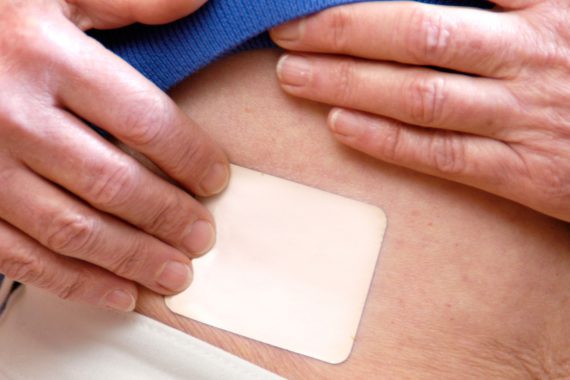‘Using HRT more widely will help the women who suffer most’

It is an important landmark for women in the UK to have the evidence regarding HRT collated in the first NICE guideline on this topic. Unfortunately the US trial data from 20021,2 caused havoc with HRT prescribing in the UK, and left thousands of women stranded and suffering despite the concerns that the trials included US women commencing HRT at an average age of 65 years.
More recent randomised control trials3,4 and meta-analyses5 show that initiating HRT around the natural age of menopause does not increase cardiovascular risk, and indeed appears to be cardio-protective. It is these 45-55 year old women who suffer most with symptoms and for whom we most often prescribe HRT in the UK.
Important messages from the guidance concerning management of the perimenopause include: blood tests are not needed before initiating HRT; contraception is required in addition to standard HRT; and the consideration of combined hormonal contraception or Mirena with estrogen replacement as management options.
Dr Jenny Brotherston is a GPSI in sexual health, community gynaecology and menopause at the City Health Care Partnership in Hull
References
- Rossouw JE et al. Risks and benefits of estrogen plus progestin in healthy postmenopausal women. Principle results from the Women’s Health Initiative randomised control trial (WHI). JAMA 2002; 288(3): 321-333
- Grady D et al. Cardiovascular disease outcomes during 6.8 years of hormone therapy. Heart and estrogen/progestin replacement study (HERS). JAMA 2002; 288: 49-57
- Harman SM et al. KEEPS: The Kronos early prevention estrogen prevention study. Climacteric 2005; 8(1):3-12
- Schierbeck LL et al. Effect of hormone replacement therapy on cardiovascular events in recently postmenopausal women: randomised trial. BMJ 2012; 345: e6409
- Salpeter SR et al. Coronary heart disease events associated with hormone therapy in younger and older women. A meta-analysis. J Gen Intern Med 2006; 21:363-366
Pulse October survey
Take our July 2025 survey to potentially win £1.000 worth of tokens

Visit Pulse Reference for details on 140 symptoms, including easily searchable symptoms and categories, offering you a free platform to check symptoms and receive potential diagnoses during consultations.










